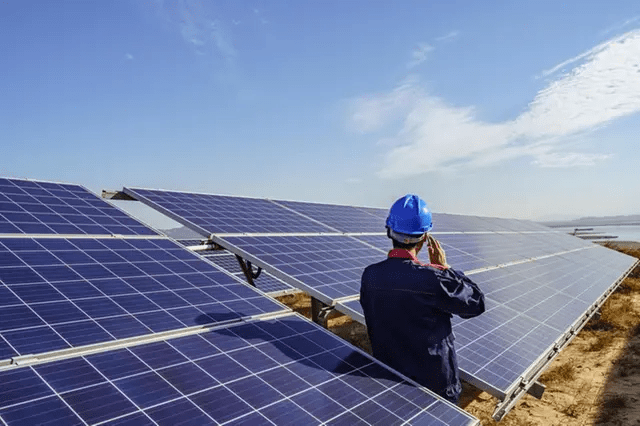In Short : A new report suggests that approximately half of Europe’s family homes could achieve energy self-sufficiency through the adoption of solar panels and energy storage systems. As renewable energy technologies continue to advance and costs decline, residential solar installations, coupled with efficient energy storage solutions, have the potential to revolutionize the way households consume and generate energy. This transition could significantly reduce carbon emissions and promote energy independence among European homeowners, contributing to a more sustainable future.
In Detail : Just over half of Europe’s single family homes could technically be fully energy self-sufficient with a combination of solar energy and storage systems, according to a report by the Karlsruhe Institute of Technology (KIT). Already today, 53 percent of about 41 million buildings included in the analysis could theoretically go off-grid and have a fully self-sufficient supply of electricity and heat using only local rooftop solar irradiation, the report authors concluded based on calculations combining geographical information on the European building stock with local climatic and economic conditions. The potential for self-sufficiency was highest in places like Spain, where climatic conditions are favourable, and for example in Germany, where fees are comparatively high, the authors wrote. A combination of solar systems (photovoltaics and solar thermal), retrofitting, various energy storage systems (such as seasonal hydrogen storage), and heat pumps could be used to fully cover energy demand for space heating and cooling, hot water, lighting, and cooking, the report found.
Increasing self-sufficiency could make sense in a future with more decentralised electricity generation – as organisational and regulatory complexities increase with increasing system size – and with heat typically not being transported over long distances, the report concluded. Still, referring to the expected development of energy costs, author Max Kleinebrahm told news agency dpa that he sees no economic advantage for fully self-sufficient households: “Even in 2050, disconnecting from the power grid will not be the most economically advantageous decision.” Generally, investing in complete energy self-sufficiency makes sense for homeowners ready to pay a premium for this independence, according to the report. “If building owners are willing to pay a premium of up to 50 percent, two million buildings could abandon the grid by 2050,” it concluded.

